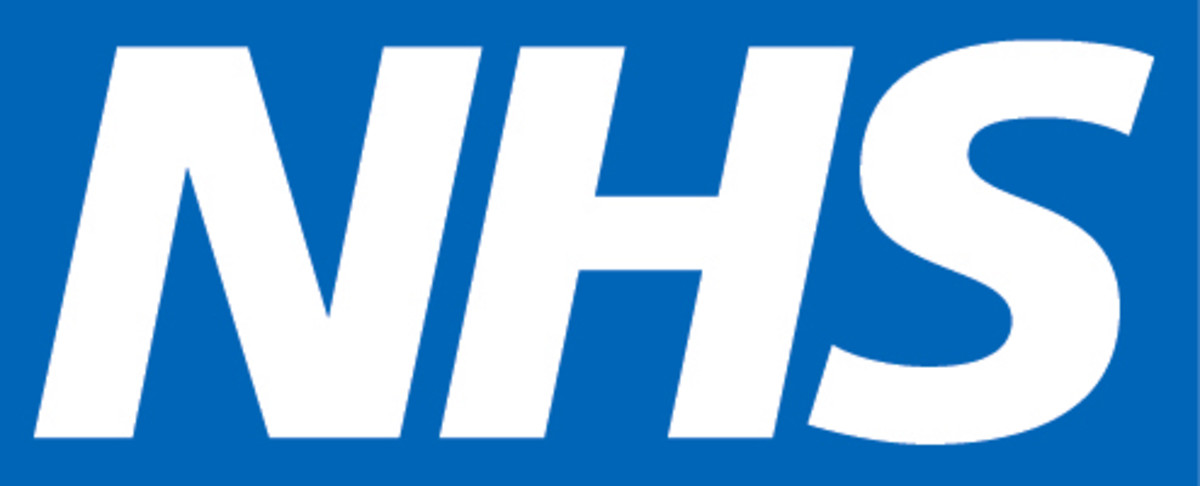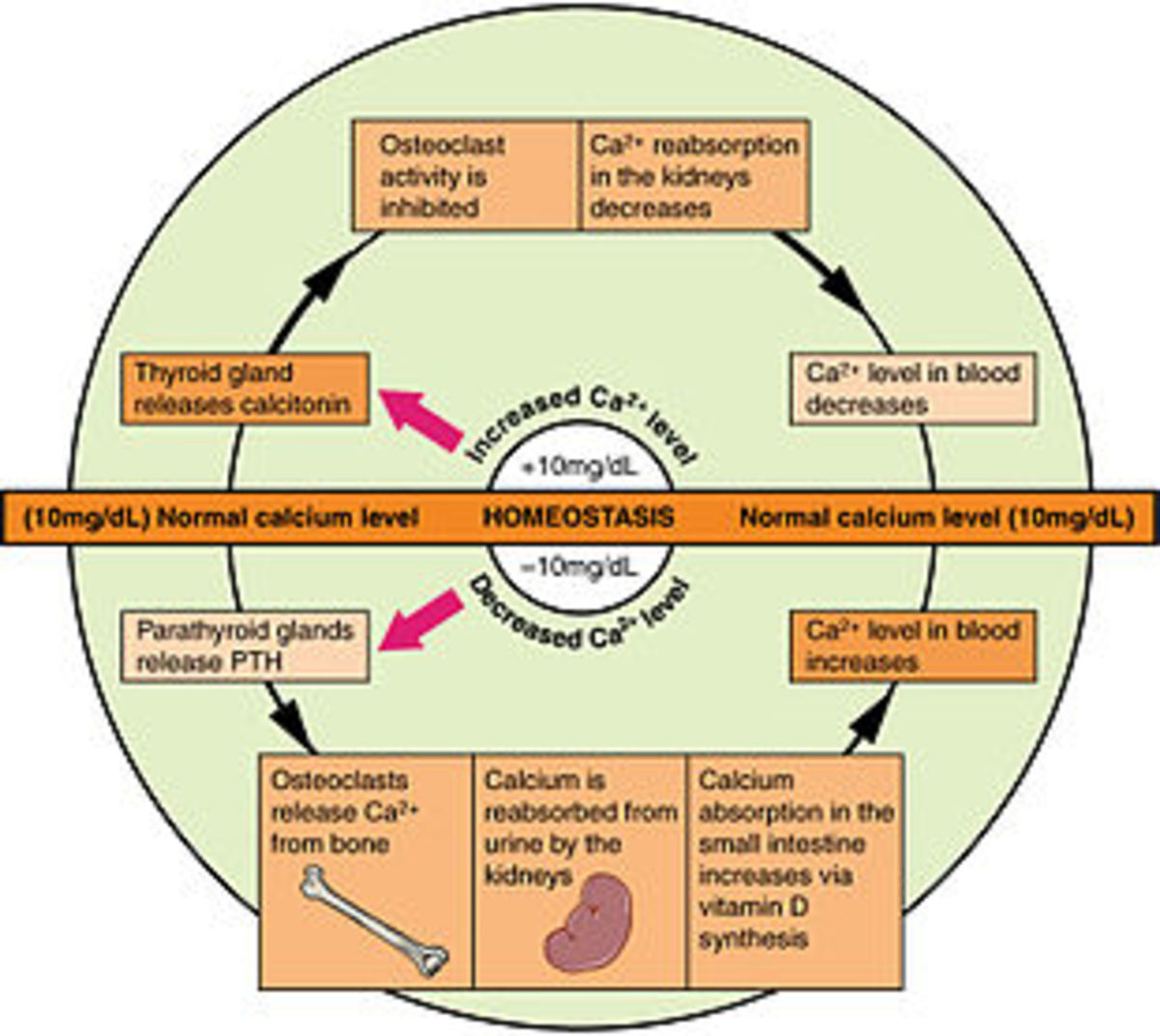The National Health Service in the UK: who pays, and who is covered
Introduction
The United Kingdom has a free-at-the-point-of-delivery universal health care system.
The National Health Service, founded in 1948, is funded from National Insurance and general taxation, and covers primary and secondary treatment, drugs, dentistry, and eye health.
There is a huge controversy in America at the moment about health care, who should pay, who should be covered, how the system should be organised, and how the whole health system should be structured.
I have seen on various places online a number of references to the Canadian system (about which I know almost nothing) and to the National Health Service (NHS) in the United Kingdom.
A lot of the comments I've seen in various places online bear little or no resemblance to how the NHS actually works.
This article sets out how the system came into being, how it works, who pays for it and how, and who is entitled to NHS treatment and coverage.
The NHS employs more than 1.5 million people in the country as a whole. It is the fourth biggest direct employer in the world, after the Chinese Army, Wal-mart, and the Indian Railways.
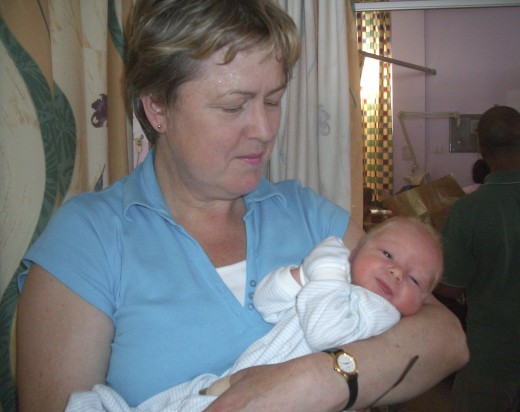
The NHS is, in general, strongly supported in the UK.
There is no political party which ever advocates getting rid of universal health care which is free at the point of delivery and is paid for out of general taxation and National Insurance.
Any party which did want to abolish free universal care would dive out of the polls in an instant. I've never even met anyone who wants to get rid of it.
No-one thinks the NHS is perfect, of course. But as an institution and system, it commands wide-spread public support.
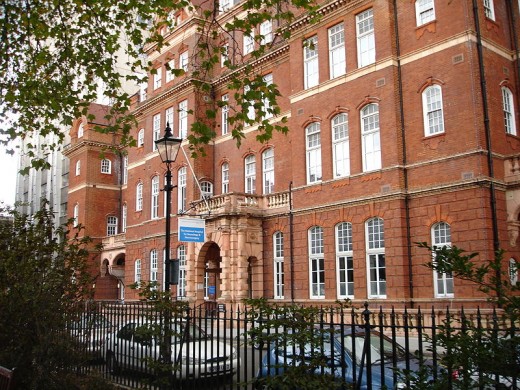
1948 Government film about the establishment of the NHS
- NHS Choices Homepage
The home page of the National Health Service
What health care was like before the National Health Service
The National Health Service began life in 1948. It inherited a patchwork system of medical care - many hospitals were charities, or part-charity, part-private.
Some were religious institutions, or partly paid for by some organisation or another, such as trade unions, the Freemasons, or Rotary societies.
Local authorities ran some hospitals, or paid part of a hospital's expenses in return for some treatment being available for local people.
There were 148 Local Authority Health Care boards in the country, and primary schools also had a basic health service to monitor infectious illnesses among pupils.
Some people's health care expenses were covered through private insurance. Others, if they could afford to, paid their own health bills as and when the need arose.
The National Insurance Act of 1911 provided health care to many working people, who paid their "stamp" out of their wages, and in return were covered for not only health care, but some unemployment and sickness benefits too.
There was no universal system, and a lot of people had no access to health care at all, as they couldn't afford it and weren't covered by any particular insurance or charitable scheme.

- Overseas visitors : Department of Health
Information and guidance on charges for NHS treatment, and exemptions, for people visiting the UK. - The National Health Service (Charges to Overseas Visitors) Regulations 1989
Not for the faint-hearted, this is the Satutory Instrument relating to NHS charges for people not ordinarily resident in the UK.
A (very) Brief History of the National Health Service
The need for, and desirability of, a national health care system was recognised during the Second World War.
From 1939 onwards, all health care systems in the UK were under great strain. Many health care workers were called up for military service, putting greater pressure on those who remained.
Bombings, fires and injuries from fighting increased the number of people needing treatment hugely. And many hospitals were themselves damaged in the Blitz.
All of London's major teaching hospitals suffered from at least some bomb damage during the War.
And there was a general sense that, having pulled together and united as a country to fight the War, there should be a similar unity when peace finally arrived. There was an increasing belief, held by many people, that proper health care should be a right, not a privilege.
William Beveridge, a Labour politician, wrote a report in 1942, usually known as the "Beveridge Report" which considered how social welfare, pensions, health care and education should be reformed after the War. The five ills of society were defined in the report as ,"Want, Disease, Ignorance, Squalor and Idleness".
Both main political parties (Conservative and Labour) supported the idea of some kind of universal entitlement, although they had different ideas about how to implement the idea.
Despite the austerity, war damage, shortage of money and on-going rationing, the National Health Service began life on 5th July 1948.
From the start, it was funded mostly from general taxation, and partly from National Insurance (which everyone in the UK has to pay as well as tax).
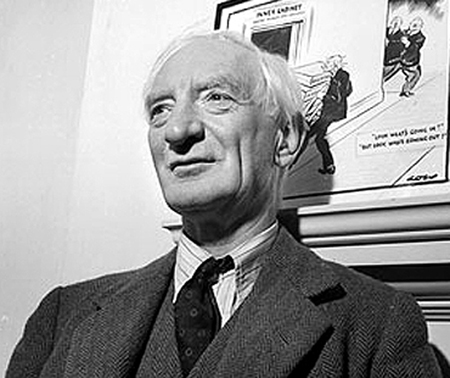
NHS' most successful advertisement for recruiting nurses
Who is entitled to health care on the National Health Service?
Anyone who is "ordinarily resident" in the United Kingdom is covered by the NHS.
"Ordinarily resident" in this case means lawfully being in the UK, and living here, and intending to continue to make the UK a permanent home.
This means that British citizens who live in other countries are not covered by the NHS, unless they are moving back to the UK to live here. They cannot visit if and when they want medical treatment, while living elsewhere.
People other than British citizens can be ordinarily resident in the UK. Being here lawfully is a pre-condition.
People who move here either from other European Union countries, or from non-EU countries on a permanent basis, are covered by the NHS even though they are not British citizens.
Visitors are not entitled to NHS coverage. The exceptions to this rule are emergency treatment, and reciprocal arrangements with some countries whereby the citizens of each are treated in the other's countries. This depends on individual agreements with different countries.
People seeking asylum, and refugees, are entitled to NHS care. Failed asylum seekers are not so entitled, nor are illegal immigrants (although in practice, many do actually get NHS coverage).
Who pays for the National Health Service, and how much does it cost?
Anyone paying tax and National Insurance in the UK is contributing towards the NHS. There is no special health insurance payment or budget, instead the National Health Service is funded out of general state income.
The total NHS budget for the financial year 2007-2008 was £90 billion, approximately $135 billion (US dollars). This is about £1,500 (c. $2,200) per person in the country.The budget has risen at, on average, 3% above inflation per year since 1948.
60% of the NHS budget goes on wages and salaries.
The UK spends about 8% of its Gross Domestic Product (GDP) on health care.





